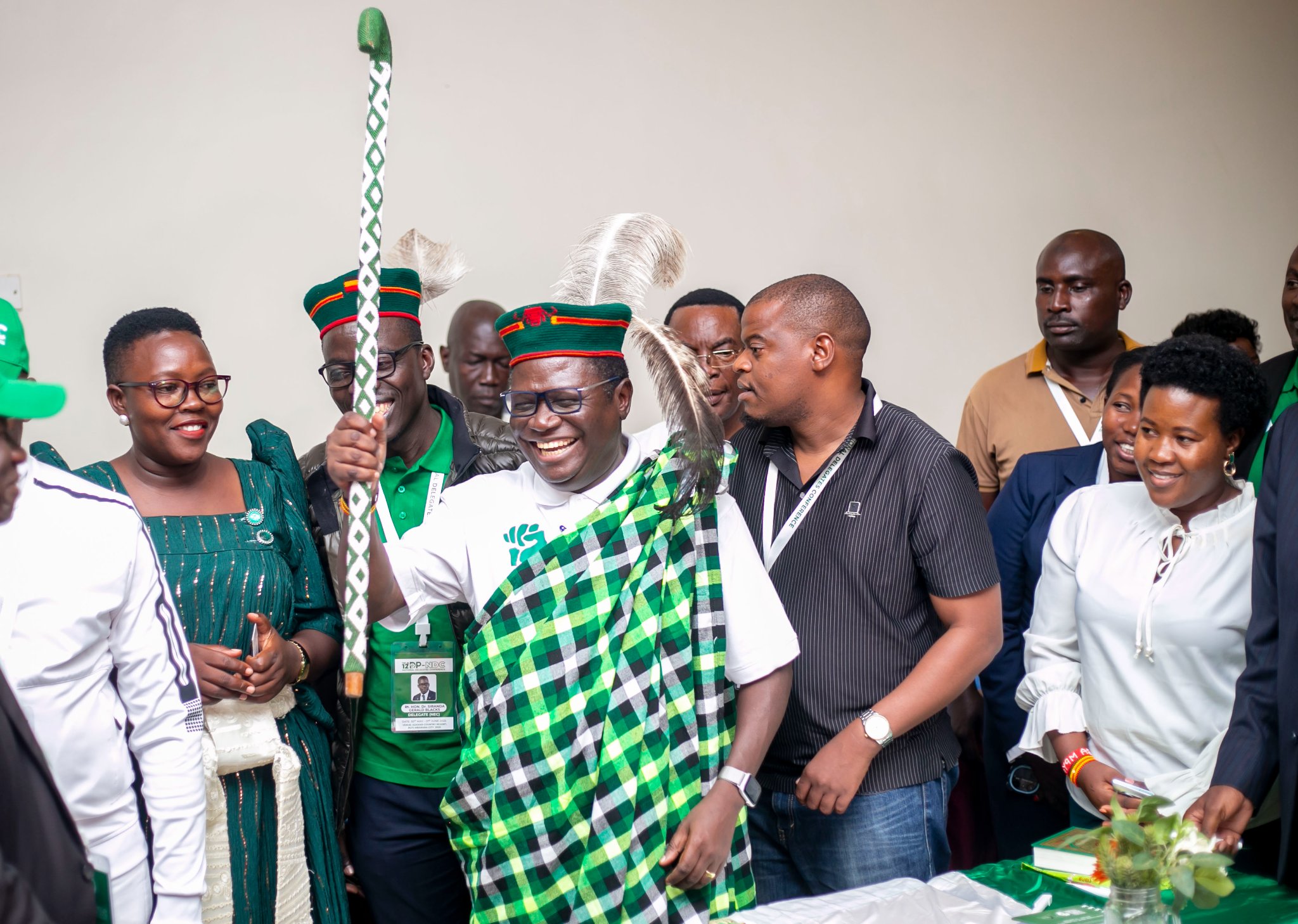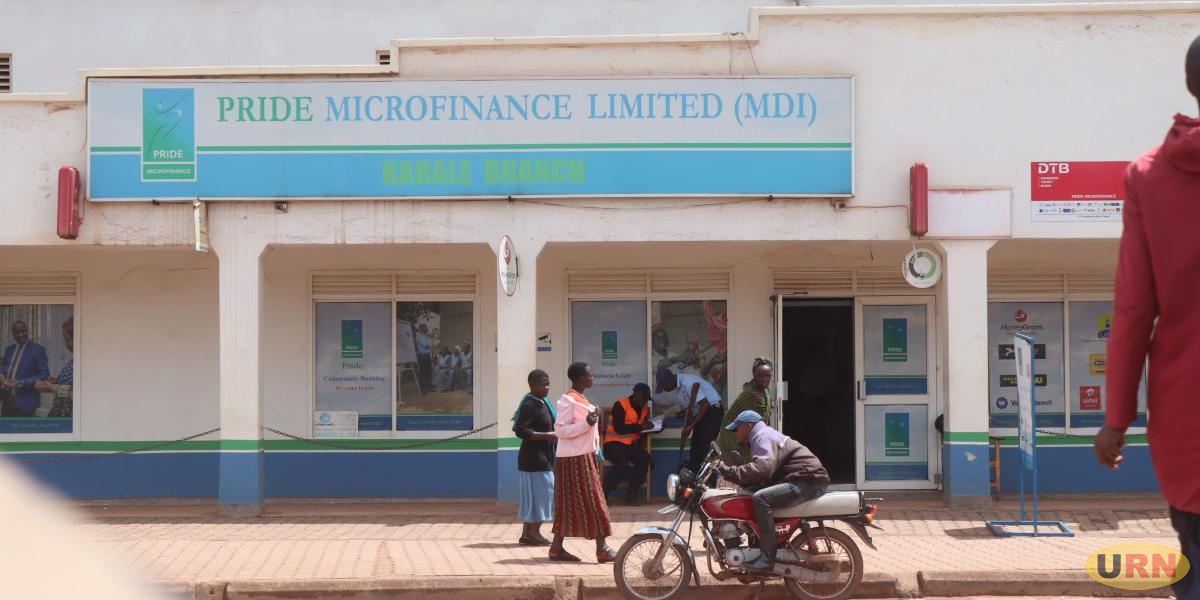The High Court in Mbarara has dismissed a legal challenge against the Democratic Party (DP) by three party members who accused the party of holding illegal elections in Mbarara in May.
In a ruling, Justice Allan Paul M. Nshimye threw out the application, citing multiple procedural errors by the challengers, including missed deadlines, unproven party membership, and failure to first use the party’s internal complaint system.
The decision means the DP’s recent leadership elections – which saw figures like Norbert Mao, Fred Mukasa Mbidde, and others retain or win key positions – stand for now. It also protects amendments to the party’s rules that limit court access for internal disputes, forcing members to resolve issues through party mechanisms first.
The lawsuit was filed in July 2025 by Edith Byanyima (a parliamentary hopeful for Mbarara City South), Julius Dumba, and Henry Lameck Kasozi. They represented a group of DP members unhappy with how the party handled its national conference in Mbarara on May 29-30, 2025. The applicants claimed the elections violated the DP’s constitution and the Political Parties and Organisations Act.
Their key complaints included: High nomination fees that excluded ordinary members; electoral guidelines issued by party officials that ignored the constitution; unfair delegate selection and voting processes and illegal amendments from a 2020 conference in Gulu that restricted members’ rights to go to court, forcing them into “mandatory internal dispute mechanisms”.
They sought court orders to declare the elections void, block the Electoral Commission (EC) from recognizing the results, and quash the controversial amendments. Backed by affidavits from 19 supporters, including MPs like Dr. Michael Lulume Bayigga and Richard Kizito Lumu, the group argued the process was “ultra vires”.
The respondents, including the DP leaders like Gerald Siranda and the EC, fought back with five “preliminary objections”. These were heard on September 2, and the judge’s 14-page ruling addressed each one.
Justice Nshimye explained his decision step by step, stressing that “the burden of proof lies with the person who makes an allegation.” In simple terms, the applicants had to back up their claims with solid evidence, but they fell short in several ways.
The judge found parts of the case – like challenges to 2020 constitutional changes and March 2025 electoral guidelines – were filed way too late (up to five years overdue). Worse, the applicants didn’t attach key documents, such as the party’s constitution or 2020 conference resolutions, to prove their points.
“This is a fundamental error,” the Nshimye said, calling the application an “abuse of court process.” He noted elections are “segmented” into stages, so old decisions can’t be bundled into a fresh complaint without fresh evidence.
In court, DP argued the first two applicants (Byanyima and Dumba) aren’t members because they didn’t show party cards. The judge agreed this was questionable for internal party matters but said all applicants could challenge the EC on its duty to approve party constitutions under the law. So there was a partial win for the applicants here.
The party argued that it has mechanisms like the National Executive Committee (NEC) for disputes, and the law lets anyone complain to the EC about party non-compliance. The applicants claimed they wrote letters to the party secretary-general in April and May 2025, but Nshimye dismissed this.
He said there was no proof of delivery (like stamps or receipts), and the letters predated the May conference, so they couldn’t address it. Citing past cases, he said rushing to court without trying party fixes makes the suit “premature and incompetent.”
For the EC, the judge said the applicants should have formally complained first under the Political Parties Act.
In the end, the judge dismissed the entire application as “premature” and ordered the applicants to pay costs to four respondents (Mutenyo Kennedy, Rutagwera Herbert, Dr. Mayambala, and the EC).







